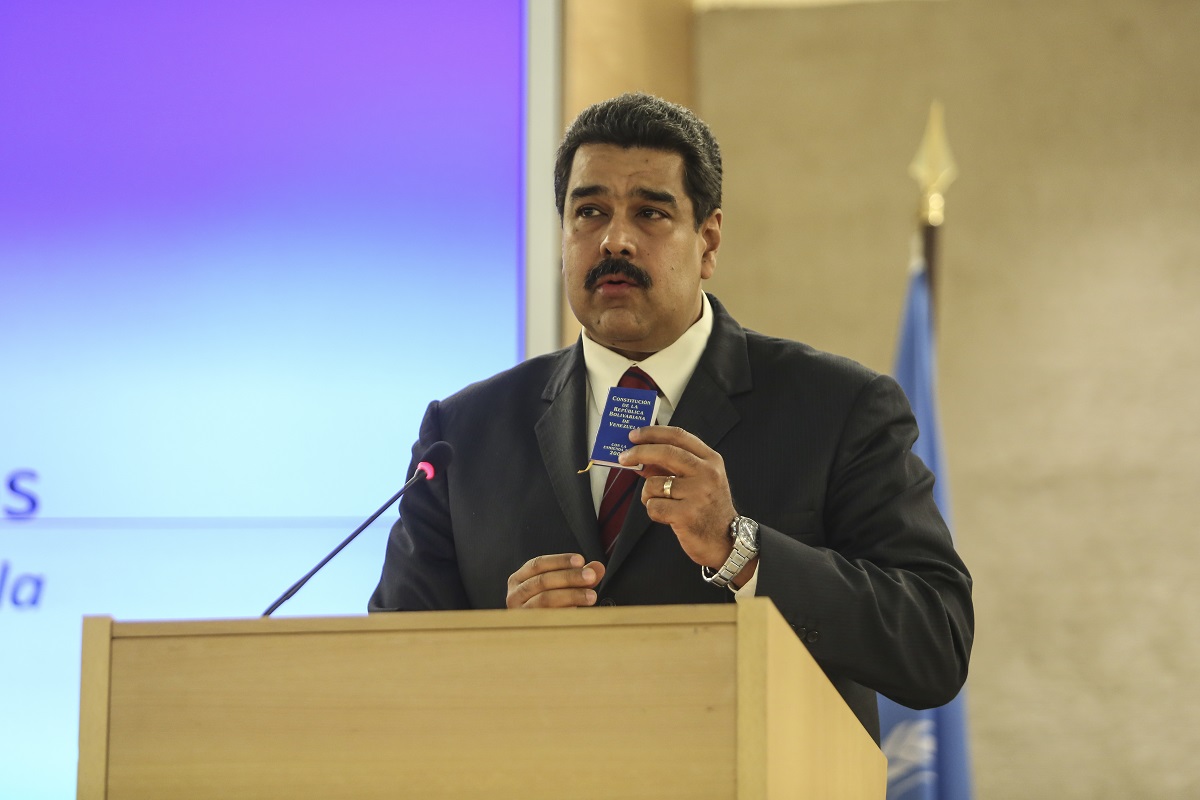This is a joint post with Cindy Prieto.As the Cote d’Ivoire standoff moves into Day Ten, pressure is mounting on Laurent Gbagbo who lost the election to Alassane Ouattara but refuses to stand down. The African Union and ECOWAS have
suspended the country, and the
United States and
Europe have each threatened Gbagbo with financial sanctions, asset freezes, and travel bans unless he relents.
As cash becomes scarce and the junta more desperate, Gbagbo and his inner circle might try to quickly borrow money or start a fire sale. This would not only provide fuel for potential conflict, but also saddle the Ouattara government with new debts once they get in the seat. One additional way of squeezing Gbagbo and avoiding this outcome is contract sanctions, as proposed in the
recent report of CGD’s Prevention of Odious Debt Working Group led by
John Williamson,
Michael Kremer, and
Seema Jayachandran.Here’s how it might work: A cluster of countries, publicly backed by regional organizations, could simply announce that any contracts signed by the illegitimate Gbagbo regime would not be considered transferable to legitimate successor governments. The announcement would
ex ante refuse to recognize any debt, land, or natural resource contracts and declare any such contracts unenforceable in the courts of declaring countries. This would effectively cut off any new inflows that could sustain Gbagbo’s holdout by discouraging potential creditors and investors. If any rogue creditor or investor did sign a contract in spite of the announcement, the declaration would prevent Cote d’Ivoire from having to uphold that contract once Ouatarra takes over, protecting the population from any of Gbagbo’s last minute obligations.In the case of Cote d’Ivoire, this could probably be accomplished with participation of just France, Britain, and the United States since their courts are the most relevant for such cases. But African backing would also be necessary. A public endorsement by the African Union and ECOWAS would reinforce their own suspensions and send a strong signal to other countries in the region that coups—and theft by illegitimate juntas—will not be tolerated. And, in the process, the international community could add one more weapon in its (still fairly weak) arsenal for isolating rogue regimes.
CGD blog posts reflect the views of the authors, drawing on prior research and experience in their areas of expertise.
CGD is a nonpartisan, independent organization and does not take institutional positions.



